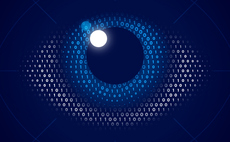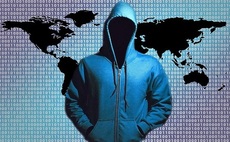Latest Snowden revelations show that GCHQ was allowed to see SMS information collected by the US
America's National Security Agency (NSA) has collected and stored 200 million text messages from mobile phone users around the world, and allows the British secret services to access the informatio...
To continue reading this article...
Join Computing
- Unlimited access to real-time news, analysis and opinion from the technology industry
- Receive important and breaking news in our daily newsletter
- Be the first to hear about our events and awards programmes
- Join live member only interviews with IT leaders at the ‘IT Lounge’; your chance to ask your burning tech questions and have them answered
- Access to the Computing Delta hub providing market intelligence and research
- Receive our members-only newsletter with exclusive opinion pieces from senior IT Leaders






















